april-top.html
1870 Hugh McGinnis was born on this day in Castlewellan, Northern Ireland in 1870. He emigrated to New York and joined the American army.
McGinnis fought in the Sioux Wars against the Native American Indians and was the last survivor of the Wounded Knee Massacre. The American soldiers were better equipped and vastly outnumbered their Indian counterparts, but still mercilessly slaughtered hundreds of men, women and children. Shortly before he died in 1965, McGinnis wrote about his experience of the Wounded Knee Massacre. Here is an extract from his account of the event:
“The screams of mothers as machine gun bullets tore their bodies apart. The curses of the Indian warriors, fighting machine guns and cannons with old muskets, knives and tomahawks, being cut down in rows by demon-crazed white soldiers.
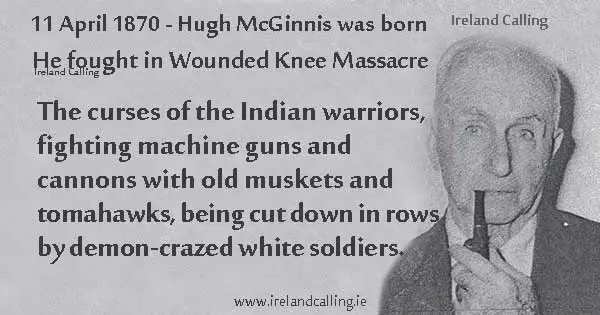
“All this happened seventy-four years ago at Wounded Knee Creek where soldiers of the 7th cavalry massacred in cold blood Indian men, women and children. I am now ninety-four, the last surviving member of Troop K, 7th Cavalry. The seventy-four years have never completely erased the ghastly horror of that scene and I still awake at night from nightmarish dreams of that massacre. The news that I am the only surviving member of the 7th Cavalry at that massacre brings back many memories to me.”
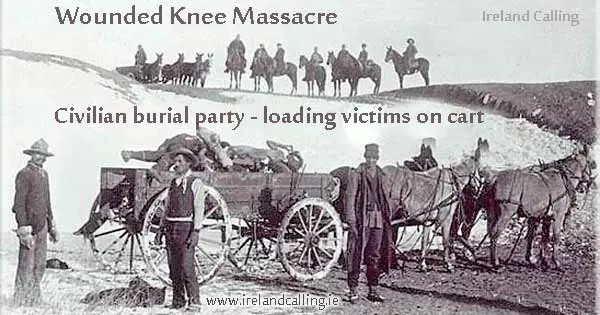
* * *
1877 Paul Henry was born in Belfast on this day in 1877. He was a skilled artist and painted numerous landscapes of Ireland. His work can now be seen at the National Art Gallery in Dublin. One of his paintings, was valued at about €50,000 on BBC Antiques Roadshow in 2006, but actually sold for €260,000 at auction.
Click here to read about more holiday attractions in Ireland
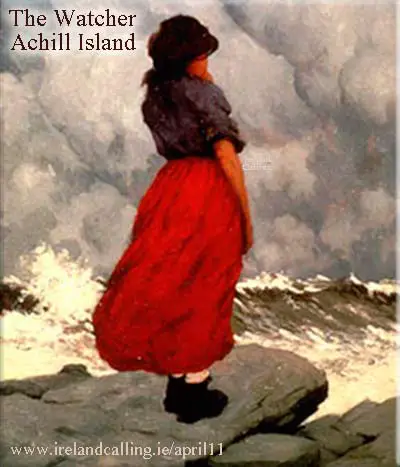
* * *
1878 Kathleen Clarke was born in Limerick on this day in 1878. She was from a republican family and her uncle was in prison for his part in the failed 1867 Fenian Rising. In prison he became friends with Thomas Clarke, the first signatory on the 1916 Easter Rising.
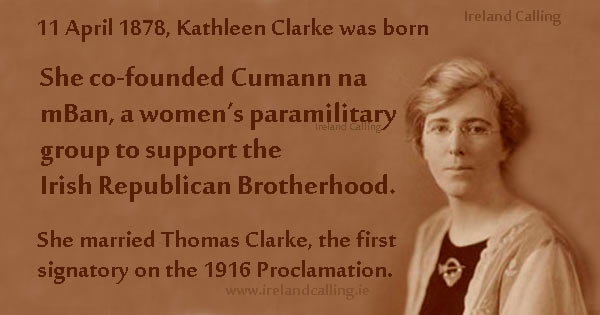
Clarke stayed with the family after he and Kathleen became a couple. They moved to America where Thomas had connections but remained involved in Irish nationalism. They got married and had children before returning to Ireland, where Kathleen co-founded Cumann na mBan, a women’s paramilitary group to support the Irish Republican Brotherhood.
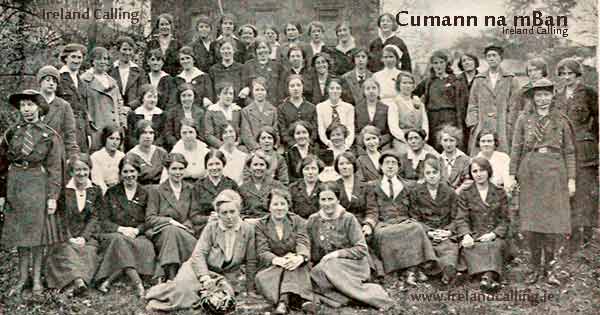
Kathleen didn’t take part in the Easter Rising because her husband wouldn’t allow it. Thomas and Kathleen’s younger brother Ned, were both arrested for their part in the Rising, and then executed at Kilmainham Jail.
Kathleen was left heartbroken but continued to fight for Irish independence. She tried to achieve this in politics and became a member of Sinn Féin. She campaigned against the Anglo-Irish Treaty supported the republican cause during the Irish Civil War. In 1926, she became a founding member of Fianna Fáil and was later elected as the first female Mayor of Dublin.
Clarke fought for Irish independence and the rights of the Irish people her whole life, and saw her loved ones die for the cause. She died in 1972 aged 94 and was given a state funeral.
Click here to read more about Irish history
Click here to read more about the Easter Rising
* * *
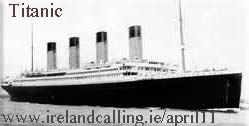 1912 On this day in 1912, the RMS Titanic stopped off at Cork on its maiden voyage from Southampton to New York. The ship was docked for two hours, and 79 people got on board, while a fortunate seven got off.
1912 On this day in 1912, the RMS Titanic stopped off at Cork on its maiden voyage from Southampton to New York. The ship was docked for two hours, and 79 people got on board, while a fortunate seven got off.
Three days later the Titanic was at the bottom of the Atlantic Ocean after a collision with an iceberg caused it to sink. More than 1,500 people were killed in the disaster.
* * *
1971 On this day in 1971, the Gaelic Athletic Association lifted its ban on its members also participating in foreign sports, such as football and rugby.
* * *
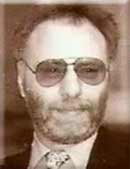 1986 Northern Irish writer Brian Keenan was kidnapped on this day in 1986. He was working as a tutor at the American University of Beirut, when he was taken hostage by members of Islamic Jihad, a terrorist organisation with a hatred of the West, and carried out several attacks during the Lebanese Civil War.
1986 Northern Irish writer Brian Keenan was kidnapped on this day in 1986. He was working as a tutor at the American University of Beirut, when he was taken hostage by members of Islamic Jihad, a terrorist organisation with a hatred of the West, and carried out several attacks during the Lebanese Civil War.
Keenan was held hostage by the group for four years, spending most of the time blindfolded and chained. The British government refused to negotiate with the terrorists over his release, so Keenan was left to the mercy of Islamic Jihad. Keenan also had an Irish passport and the Dáil did campaign for his release, but without success.
Keenan developed a great friendship with another hostage, British journalist John McCarthy, with the two being each other’s only source of hope and sanity. Eventually, after more than four years as a hostage, Keenan was handed over to the Syrian military forces, and given back his freedom. He wrote a book of his horrific ordeal, titled An Evil Cradling.
* * *
2000 Nelson Mandela receives an honorary doctorate degree from Trinity College in Dublin. Hehad already been awarded the Freedom of the City of Dublin in 1988 while he was a political prisoner. He collected the award when he was released in 1990.
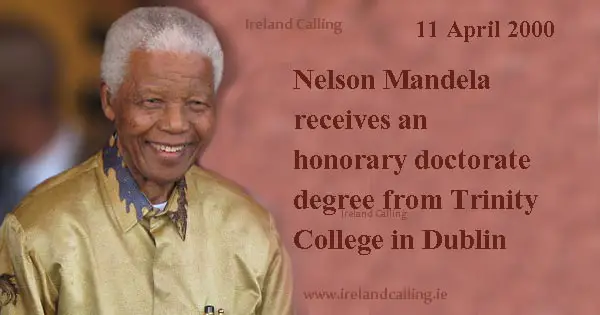
april-bottom.html